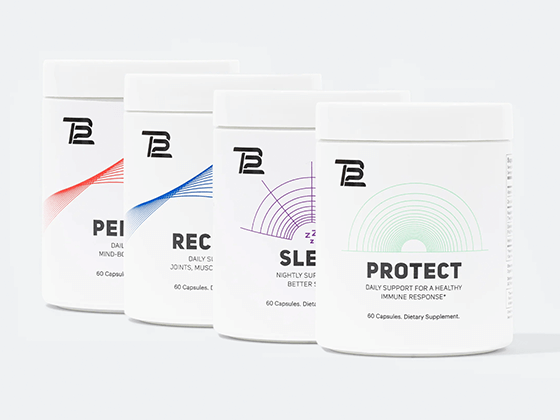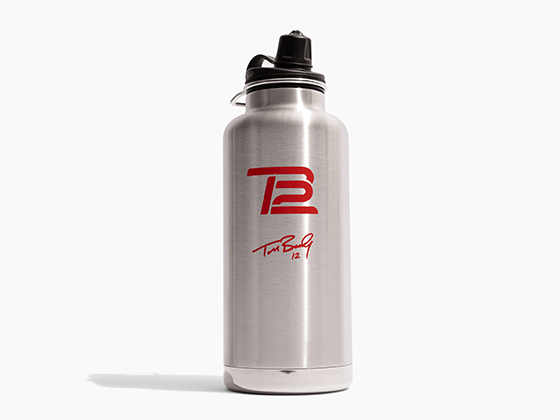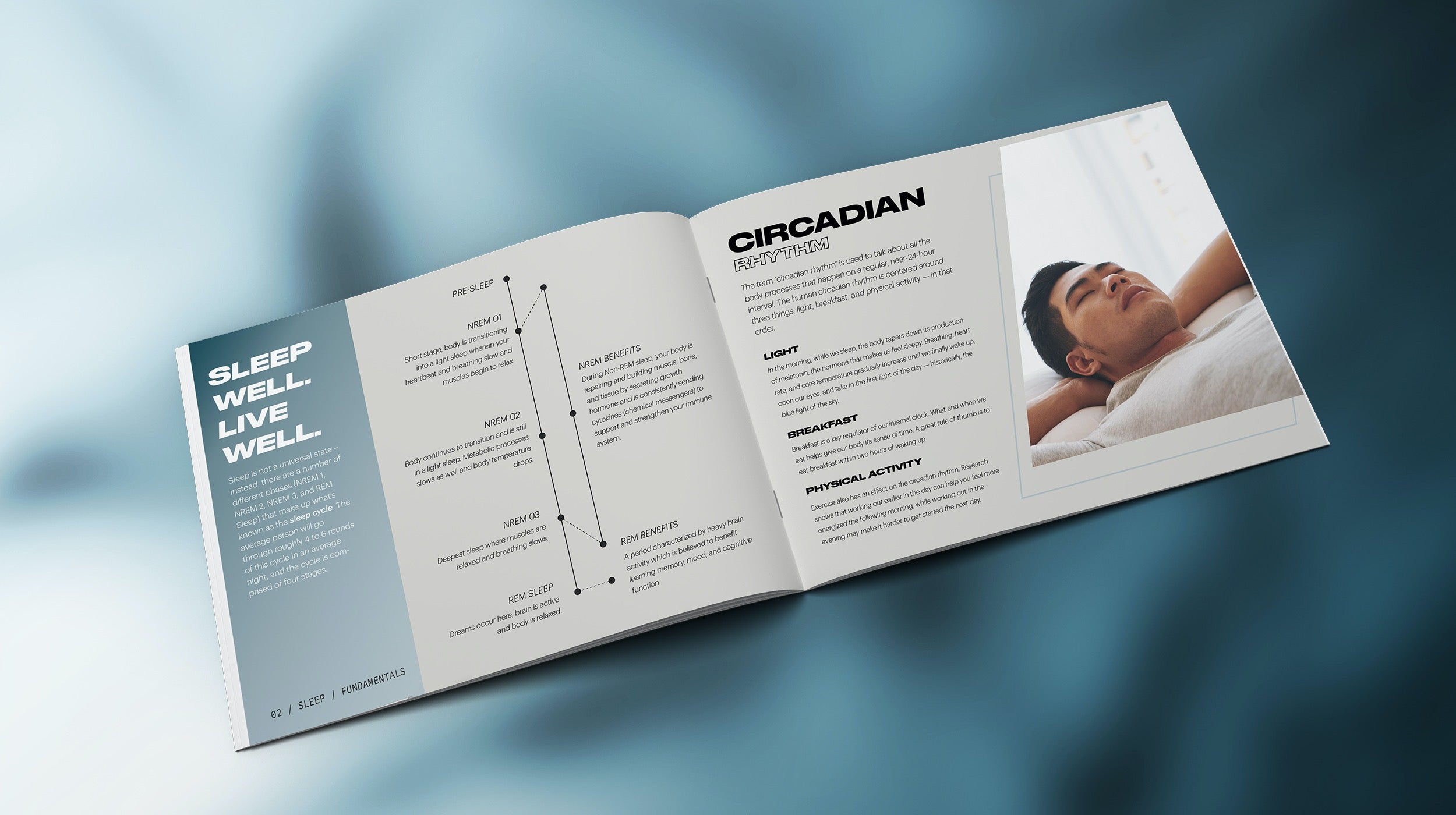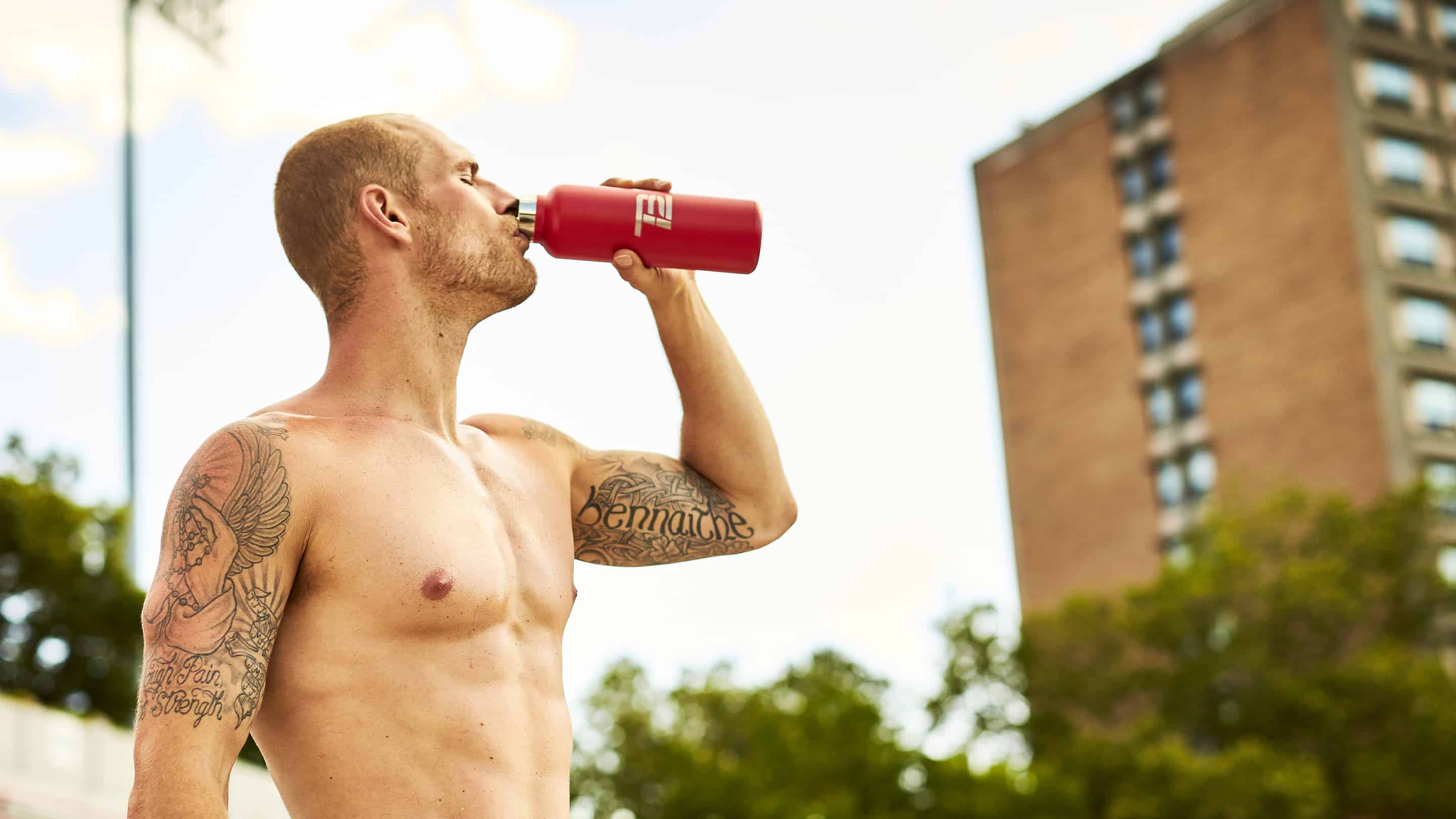Sleep is a critical part of the recovery process and one of the lifestyle choices we encourage clients to focus on here at TB12. Whether you’re an athlete or just trying to feel your best, sleep quality can have a significant impact on your attention, reaction time, and your overall performance. It’s no surprise that following a late night or after a night of interrupted sleep, we don’t feel our best the next day. We may feel fatigued or irritable, and may find our physical performance dipping despite being in great shape.
Although it may not look like much is going on while we sleep, your body is actively recovering during the night so that you can perform and feel your best the next day. Our level of cognitive performance is directly correlated to our quality of sleep and affects not only our motor skill capabilities, but our ability to learn, think critically, and problem solve in any scenario we may find ourselves in.
What is cognitive performance?
When we are operating at a high cognitive performance, our brain is at its peak, and we are optimally performing. Our cognitive functions include a wide variety of domains, but most importantly include learning and memory, language, attention, executive functions, and motor skills. All our cognitive functions are highly important in supporting our day-to-day activities, thoughts, and actions—no matter what your day job is.
Whether you are learning new plays, preparing for a big meeting or important game, or are in any type of social setting, our cognitive functioning dictates our every move. Our memory encompasses both our short- and long-term memory, which directly affects how capable we are of learning new information and of recalling important past information as well. Our language affects our speech and our ability to comprehend what we are hearing, reading, or writing. Being able to hold attention ensures that we can stay on task and focus—even if we are being pulled in multiple different directions at once. Our executive functions include our ability to plan, judge, solve problems, control impulses, and reason within any given situation. Motor functioning involves our level of strength, speed, coordination, and any other physical ability we may possess.
It is widely accepted that sleep and cognitive performance are directly linked, and that a lack of sleep can negatively affect our cognitive functioning. Not only does the amount of sleep that you get matter, but the quality of a night’s sleep is incredibly important as well to ensure that you are operating at your best.
Optimal Recovery for Optimal Performance:
While we sleep, our brain and body are both able to rest after a day’s activities in order to perform best the next day. Throughout the various sleep cycles that occur, our body undergoes changes that allow for optimal recovery and sleep quality.
Various hormonal and bodily processes take place as we sleep to prime our body for another day of activity. Our breathing, bodily temperature and heart rate slows as we sleep, and our cortisol hormone—or stress hormone—goes down as well to solidify a good night’s rest. Our pituitary gland releases growth hormone as we sleep to stimulate muscle growth and cell repair. Cytokines—proteins that act as chemical messengers—are released to fight inflammation in our body and support our immune system.
As we sleep, our brain saves and consolidates important information from the previous day so that we can accept and learn new information for the day to come. Our brain processes not only information we have heard, but motor information as well—such as throwing a football or playing the piano—from the day prior so that we may improve on and recall what we have learned.
In fact, in a recent study, it was found that as we sleep our brain removes toxins from our brain that can disrupt our brain functioning. Although it may not look like much is happening while we sleep, the bodily processes that are occurring are incredibly important in supporting our mental and physical overall health.
The Impact of Losing Sleep:
During our natural sleep cycles, chemical coordination is taking place to ensure that our brain is mentally recovering from the day prior. Our quality of sleep underlies how we function both emotionally and physically in the days to come and plays a large part in all our cognitive functions. In order to perform at our best, our brain needs time to sufficiently recover without interruption.
Without quality sleep, our brain is unable to recover and as a result, our cognitive performance declines as well. While we first may notice fatigue, throughout the day our memory, ability to learn new material, physical abilities, reaction times, and executive functions such as problem solving, and impulse control can be diminished.
In one study, researchers sought to determine the physical and mental effects of consecutive sleep deprivation (less than six hours per night) on their participants. Although participants tracked their symptoms for eight days, the largest change in mental and physical well-being changed after just one night and continued to worsen for the days to come. Participants reported feeling a variety of negative feelings including anger, irritability, frustration, and nervousness as a result of their lack of sleep. Participants reported a variety of uncomfortable physical ailments as well that could impact performance including aching, respiratory issues, and gastrointestinal distress.
Although practicing or developing a skill and eating nutritiously are important for being at the top of your game, without getting a good night’s sleep you are putting any type of performance at jeopardy. The recovery that occurs while we sleep primes us for a productive next day and allows us to feel our best. Strive for at least seven hours of sleep at night by putting away electronics early, lowering caffeine and alcohol consumption, and relaxing before bed if possible. By making just a few small changes to your sleep routine, you will be primed, ready, and operating at a high level of cognitive performance to take on the day.
If you're looking for some sleep support, checkout our natural, non-habit forming sleep supplement, TB12 Sleep







